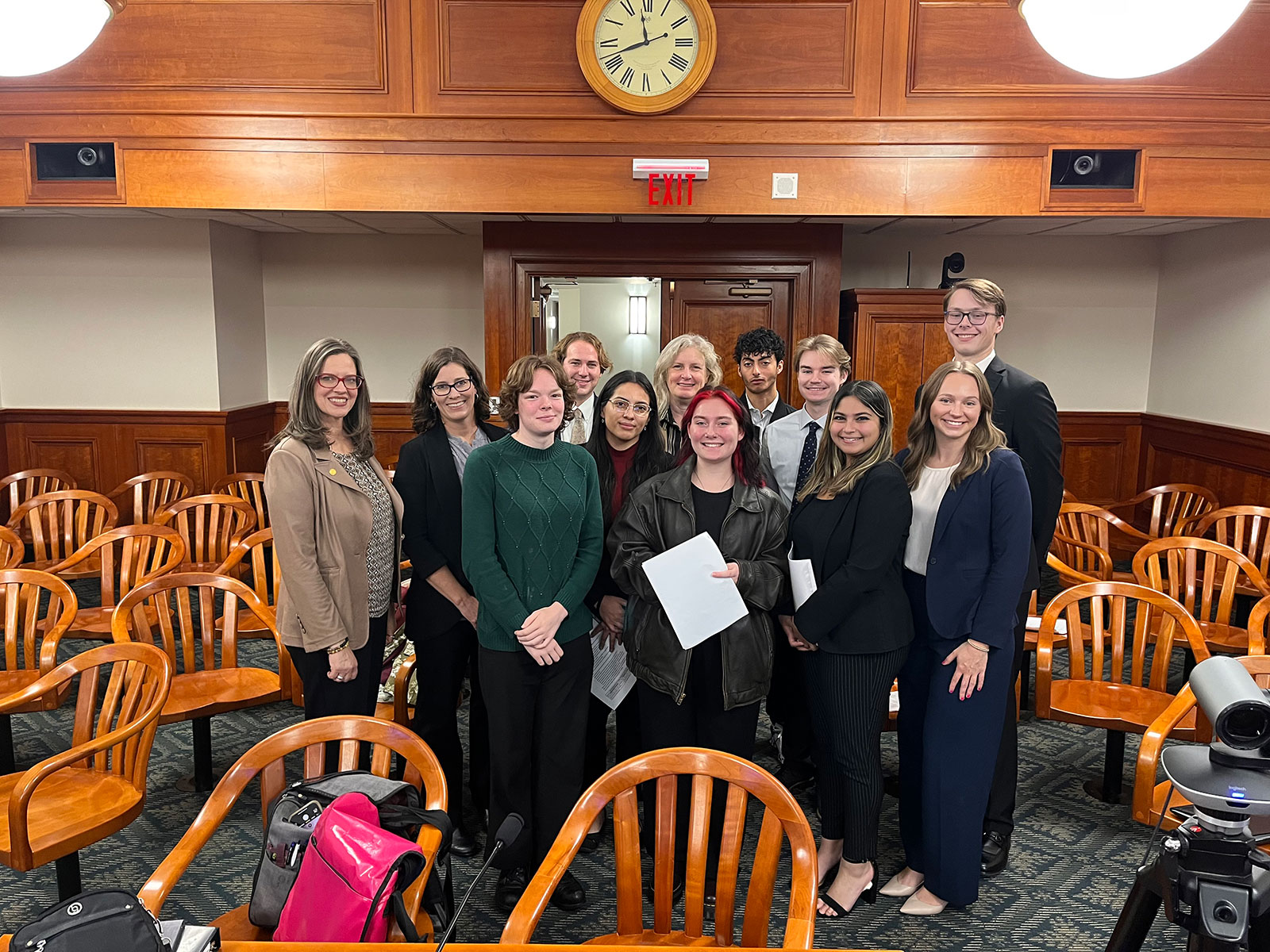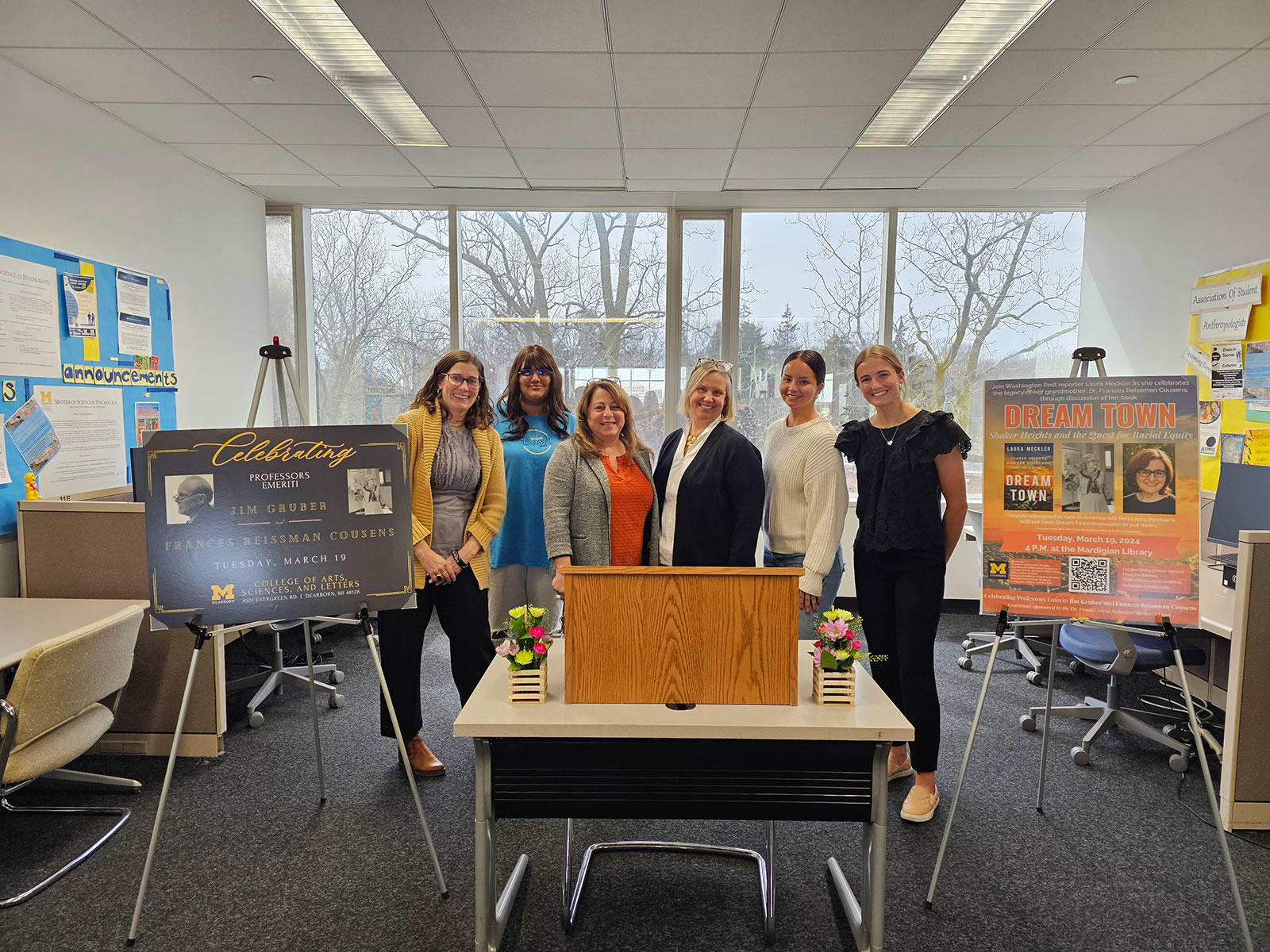Related Resources
What Causes a Society to Work–Or to Fall Apart?
 Our sociology program at the University of Michigan-Dearborn explores how individual and collective actions shape society, while examining the interconnection between personal experiences and public issues. Students will gain an understanding of how the economy, government, family, education, religion, and related factors influence individual attitudes and behaviors.
Our sociology program at the University of Michigan-Dearborn explores how individual and collective actions shape society, while examining the interconnection between personal experiences and public issues. Students will gain an understanding of how the economy, government, family, education, religion, and related factors influence individual attitudes and behaviors.
Where a Sociology Degree Will Take You
A sociology degree from UM-Dearborn prepares students for diverse and rewarding careers that require robust interpersonal skills and understanding. A sociology degree provides strong grounding for careers in social work, human services, public health, law, criminal justice and law enforcement, public administration, business management, marketing, human resources, labor relations, social justice, and many types of nonprofit organizations. It’s also great preparation for pursuing graduate studies in sociology, social work, public health, and related disciplines.

